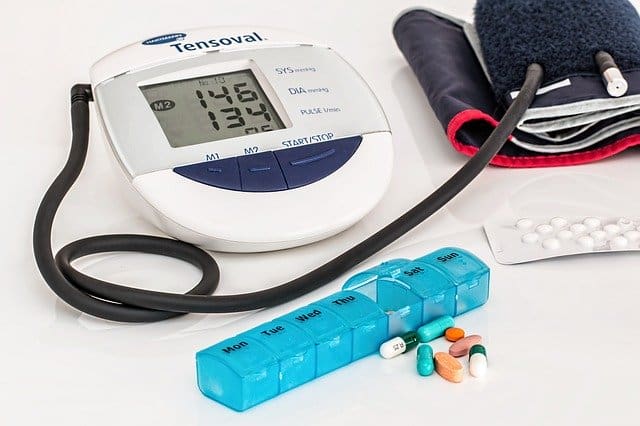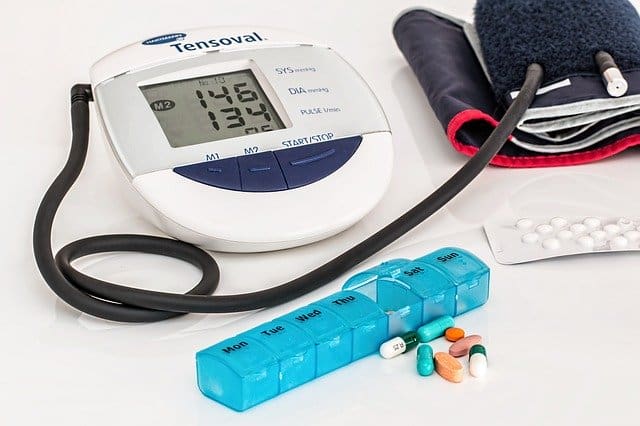Essential Tips For Traveling With a Chronic Illness

How to Travel When Chronically Ill

Wikimedia Commons by: Nick Yudin
Sometimes traveling can’t be avoided when you’re seriously ill. Perhaps you may need to travel to far off places to get specialized treatment or travel to a new facility where you can be looked after better, or you may travel to simply have a holiday while dealing with an ongoing medical ailment. Regardless of the reason, traveling when you’re not in the best of physical condition can be difficult and uncomfortable.
Thankfully, there are a few techniques you can deploy as well as many measures in place to help make your journey more seamless and far more comfortable. Here are the things you can do to help yourself travel better when seriously ill.
Travel with a Patient Advocate
A patient advocate is an individual who helps an ill person through their healthcare journey and provides many key roles to ensure that they’re comfortable and well represented. Some of the key roles of a patient advocate include sizing up their treatment options so that they choose the best ones, relaying the desires of a patient if they are unable to communicate these, as well as assist them in medical travel.
In medical transport, a patient advocate is a nurse who travels alongside the patient who knows how to provide routine and complex medical procedures, even at 35,000 feet. They work with disabled patients to make sure their needs are accommodated and that they have all the services needed to keep them comfortable. They can also apply crucial medication during the journey, working alongside the flight crew to provide the smoothest trip possible.
Get Good Travel Insurance
When traveling while ill, the last thing you want to happen is to need urgent medical care while in a foreign country. Despite that, this is more likely if you’re seriously ill, so to make things a lot easier when if they do happen, and to alleviate some of the stress, it’s important to get good travel insurance so that you can get access to any treatment or medicine you need.
Let the Airline Know Your Special Requirements
Regardless if you book your flight directly with an airline, or do so with a travel agent, it is your own responsibility to inform the airline about your disability and your requirements needed. Unfortunately, you can’t assume that all planes will have appropriate measures in place by default, so giving the airlines a heads up will make it easier for them to prepare and make suitable arrangements. Be sure to contact the airline once the ticket is booked but be sure to inform them at least 48 hours before your flight.
Get Your Doctor’s Permission
Before getting on a flight, a seriously ill or disabled person needs to first find out if they’re fit to fly. There are many conditions that don’t play well when at high altitudes, so it’s important to get the confirmation for your own safety. If you need to take over 100ml of liquid medication or food with you, be sure to get a letter from your doctor to make sure that you’ll be allowed to take it onboard. Also be sure to find out if your medication is allowed in the country you’re going to, as you could find yourself in trouble if you’re carrying an illegal form of medication or an illegal dose.




